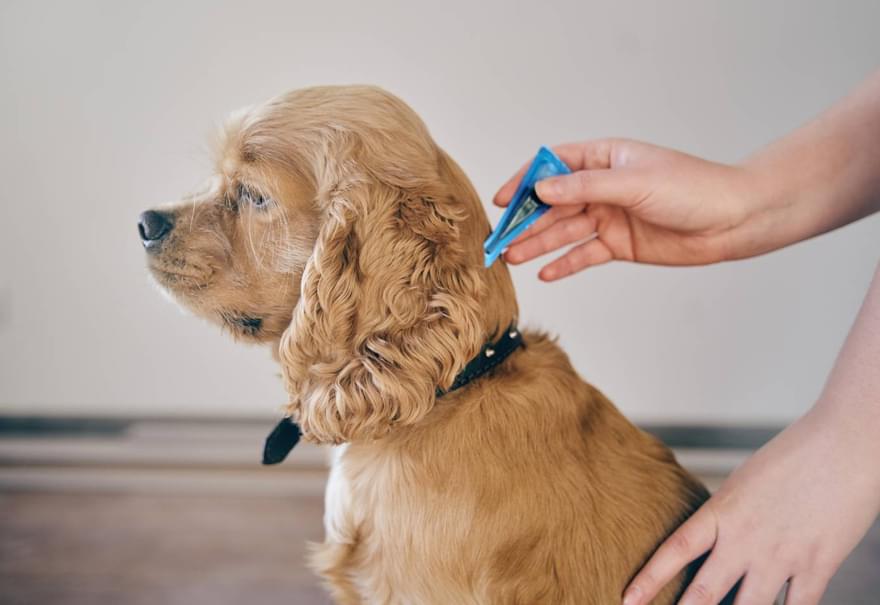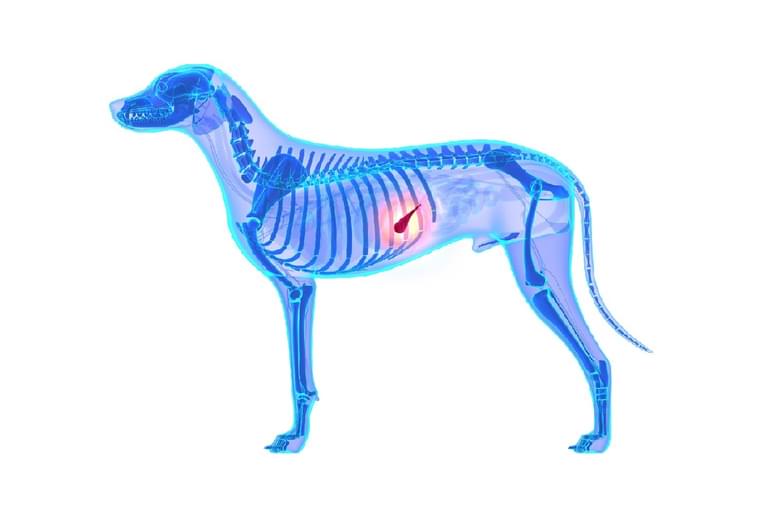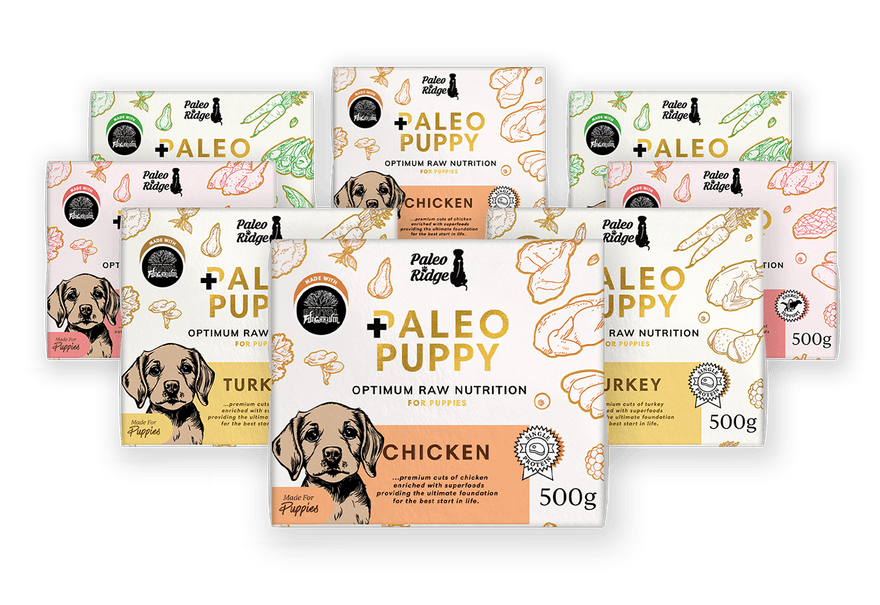Ground breaking recent research carried out by veterinarian and researcher Mark Roberts, in conjunction with K9 Naturals at the Massey university in New Zealand, had turned current thinking on its head.
Science says…
Research headed up by K9 Naturals in-house Nutritionist Mark Roberts, at New Zealand’s Massey University put pen to paper on whether a high-fat diet indeed leads to pancreatitis. Over eight weeks, they compared the levels of triglyceride blood fats of dogs eating high-fat diets, versus dogs consuming high-carbohydrate diets. At the researches conclusion, the high-fat group showed lower levels of blood fats than the high-carb group. Furthermore, the research measured a key marker of pancreatitis in dogs called pancreatic lipase – and showed that dogs eating lots of animal fats all had levels within the normal healthy range. Maybe it’s the type of fat rather than its quantity which determines the risk of pancreatitis?
So… How can a low-fat, high-carb diet cause high levels of blood fat?
Food is fuel
It’s all down to how a dog’s body processes fat and carbs. Carbs are broken down to glucose – or sugar – which dog’s store in their body, eventually raising blood fat. Fats, on the other hand, are used by dogs as a source of energy – so when your pup is bounding around the park it’s burning them off, meaning they don’t make much of an impact on glucose levels.
Fattening up
Fancy that! Not all fat is as naughty as we might think and animal fats especially even have health benefits for our precious pooches. That’s one of the reasons K9 Natural only uses 100% raw animal ingredients – high in fats and protein and low in carbohydrates.
The diet we offer is just as nature intended and is backed up by a healthy dose of scientific research. We’ve got to hand it to our furry friends and trust their instincts… it turns out they know best!
THE F WORD: NOT AS NAUGHTY AS YOU THINK
With health trends on the rise globally, busting the myth that ‘fat makes you fat’ is a serious point of discussion. Most understand that the fat you eat doesn’t automatically settle itself as fat tissue in the body anymore than eating more protein will build body-builder worthy muscles. But does this myth translate to our furry friends? We again put instinct vs. domestication head to head with research for the truth. Domestic dogs evolved from their wild wolf ancestors around 15,000 years ago. Back then, they were well and truly living off the land, eating raw meat full of protein and fat – there’s that F word! – and low in carbs. Essentially consuming a diet where fat was the dominant energy source, but not just any fat – animal fat. You see, like sugar, not all fats are created equal. Just like consuming a bag of sweets from the seven eleven isn’t on the same level of sugar as an apple, fat derived from animals is not on the same level as butter. Think of animal fats for dogs like salmon is for us humans – healthy, nutritious and full of fuel for our body.
However, not only are fats a contentious topic for fear of developing a pudgy pooch, many fur parents worry about the risk of developing pancreatitis when feeding a diet high in fat.
Research carried out by Veterinarian and researcher, Mark Roberts in conjunction with K9 Naturals, at the Massey university in New Zealand.



